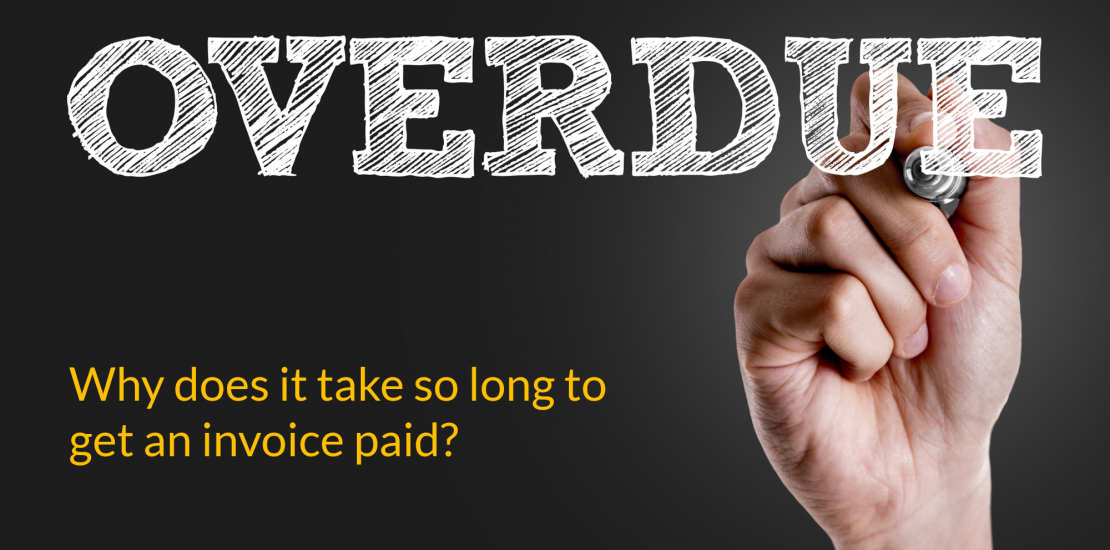- Posted by: aquiliti
- Category: Automation, Business Improvement, Business Process Automation, Business Process Improvement, Finance & accounting, Procurement, RPA

Late payment of invoices hurts not only your suppliers but also puts your own business at risk. Here is why….
-
- Paying your suppliers on time builds trust and people give things to those they trust. Being a “preferred” customer gives you things like…
- Better pricing or bigger discounts
- Being looked after if there is a supply shortage
- Resolving problems quickly…you don’t have to ask twice!
- First access to new products or services
- …and much more…just read any Key Account Management textbook
- No one likes begging and in many cases that’s what you are forcing suppliers to do if you always pay late. It is also tough on your AP team who have to deal with irate callers
- You are likely to be forced to pay more promptly at some point in the near future as the government realises it is critical for small businesses and for the economy
- Paying your suppliers on time builds trust and people give things to those they trust. Being a “preferred” customer gives you things like…
And don’t forget that most businesses are highly dependent on their suppliers for their own success…just check out what % of your revenue goes back to suppliers and what would happen to your business if just a few of the critical ones stopped supplying you.
Things you can do
Managing cashflow and building a responsive and cost-effective supply base has always been important but in a post-Covid world it is going to be even more important than ever.
Here are 5 practical ways in which you can pay your suppliers on time and positively impact the business….
-
- Work with Procurement to make it mandatory to issue a Purchase Order or Contract and to get your suppliers to include this information in their invoices. Make suppliers aware that without a Purchase Order or Contract number on an invoice they will be returned and payment will take longer
- Ask suppliers to send you a digital invoice not a scanned copy of a printed invoice and get them to send it to a dedicated Accounts Payable email address. Make this part of the supplier set up process.
- See what information you have in your current finance system that will enable you to track how long it takes to pay each invoice and where any internal bottlenecks might be.
- Don’t treat all invoices the same way. Streamline the way you pay high volume/low value invoices to speed up payment and get the internal cost per transaction as low as possible.
- Map out the process that your Account Payable team use to process and pay invoices. As you walk through the process watch out for how much time is spent copying and pasting data from each invoice into your financial system or where you continue to rely on Excel to capture and collect information.
Making Invoice Processing easier
The problem for many companies is that they struggle to pay on time because their Invoice Processing is stuck in the dark ages.
If you have 1,000 suppliers you will have 1,000 different invoice formats to deal with.
Whilst many companies already use OCR (Optical Character Recognition) to process invoices, even the smartest AI or Machine Learning technology will struggle to extract all invoice data with 100% accuracy. You may also have to pay a click through charge every time one is processed. A more efficient way is to get B2B working properly as part of your supplier on-boarding. Most suppliers (even Sole Traders) use digital information to create an invoice. This is either printed and mailed to you or sent as a PDF attachment in an email.
If your company does not issue Purchase Orders then you are probably taking twice as long to process an invoice as those that do. This is because you will need to manually enter things like delivery address, approver, cost centre/GL code, item description, quantity, price, etc, etc. This information would already have been locked and loaded in your Finance system if you had issued a Purchase Order, plus you would have probably sent out a set of Buyers Terms and Conditions that protects you should something go wrong.
Protecting your organisation from fraud or corruption also means checking you received what you ordered and that both price and quantity are correct. Whilst this 3-way matching process is important for good expenditure management, its no good if it takes forever to get an invoice approved. Fortunately, smart phones, mobile devices and the use of barcodes or QR codes now means that we can validate and share information in an instant and enable more accurate invoice approval.
Want to find out more?
If you would like to find out more about ways to improve your organisations cashflow through smarter Invoice Processing then give us a call on 02 9262 1995 or email us at info@aquiliti.com
